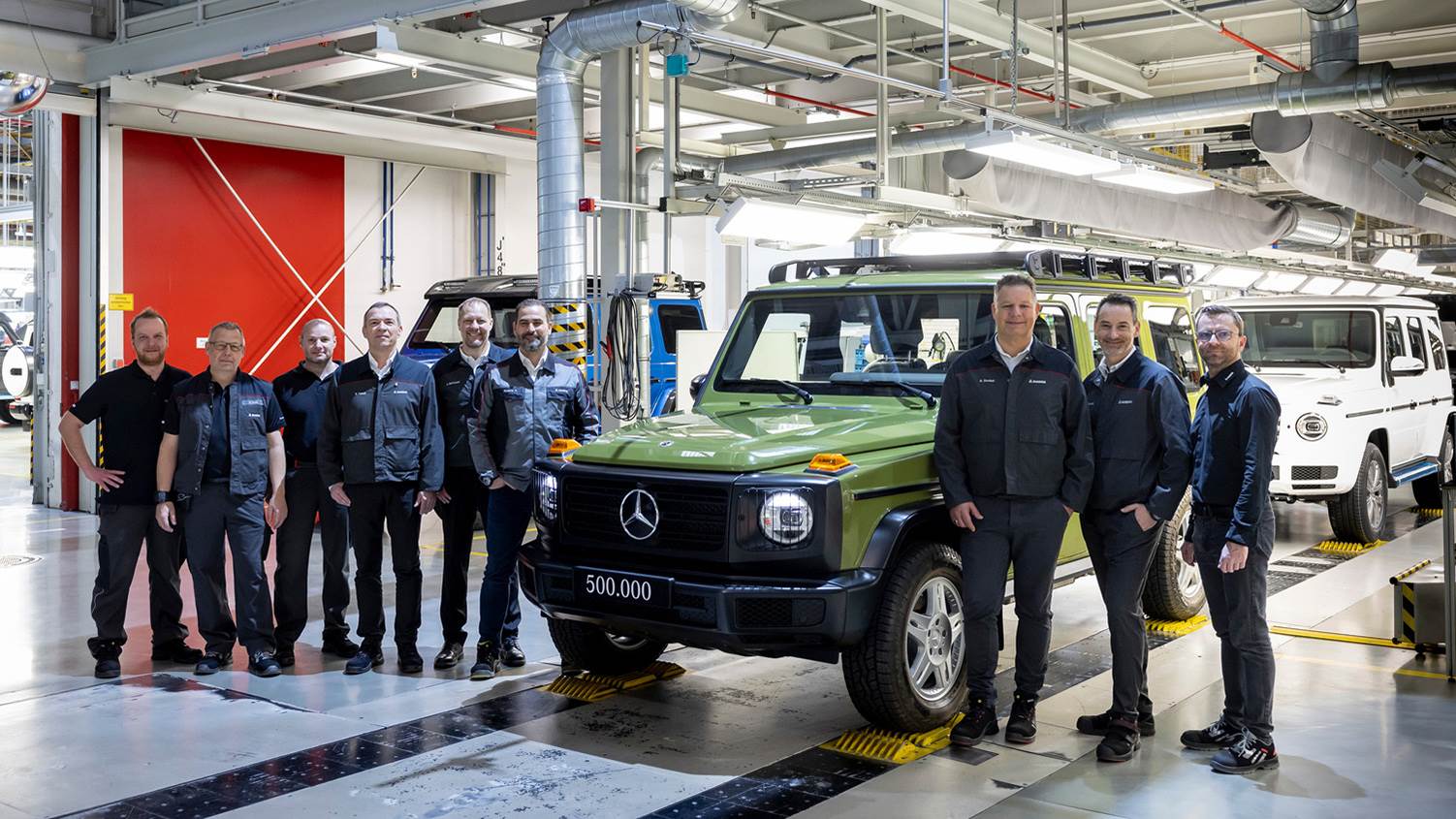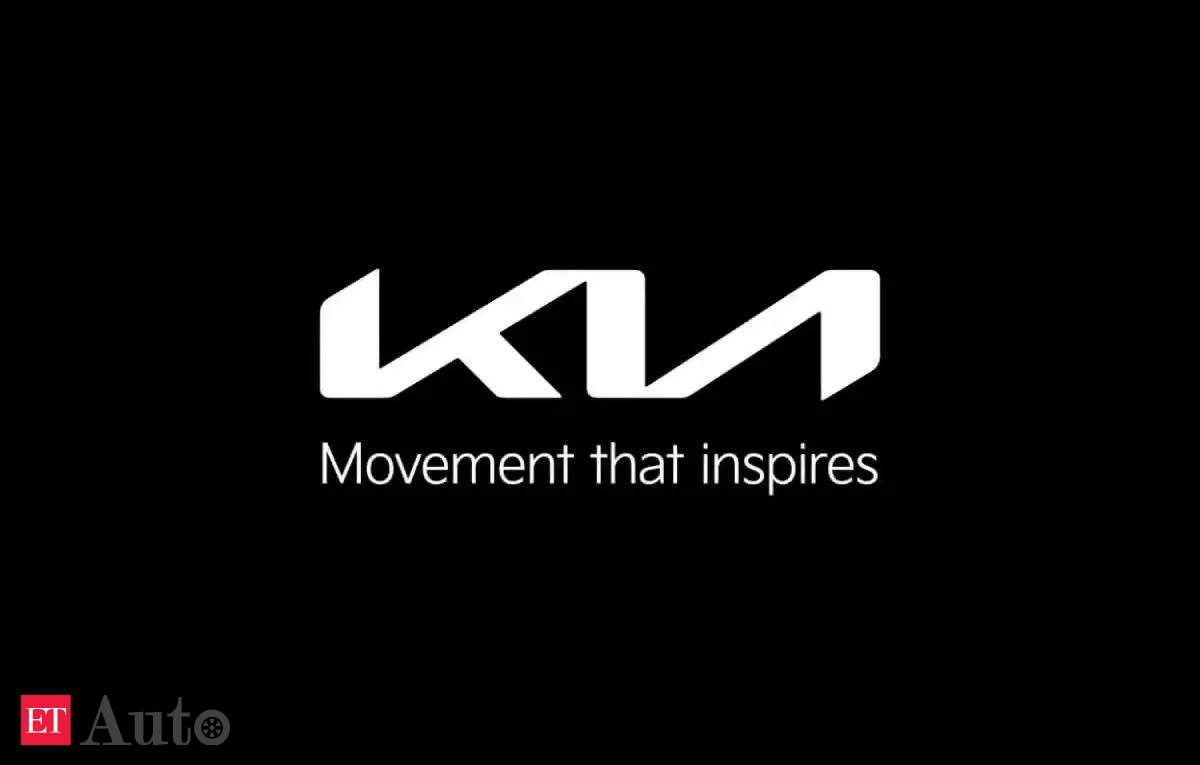Securing our industrial base during the green transition: what does it take? – ACEA

Message from ACEA’s Director General – February 2023
A new approach to Europe’s industrial policy
The automobile industry is juggling huge challenges as it transitions to zero-emissions transport, while defending its global competitiveness and securing jobs and industrial production in the EU. Vehicle technology is one important part of the equation. But the ‘framework conditions’ will be make or break.
There is still much work to do: from rolling out enough charging and refuelling infrastructure for zero-emission vehicles, to ensuring access to the raw materials needed for e-mobility, to implementing consistent – rather than contradictory – policies. Only such a coherent approach will secure a globally competitive business environment in which crucial sectors like automotive can thrive.
It is therefore very right that the Commission and Council are carving out a new approach to European industrial policy – one that will help industries reach their environmental and decarbonisation objectives, while at the same time supporting our much-needed industrial base. This in fact was the key message of a recent open letter from our President, Luca de Meo, to Europe’s policy makers. In this letter he makes a strong plea for an ambitious and structured automotive industrial policy to rival those of other world regions, while maintaining fair and open trade.
It is very right that the Commission and Council are carving out a new approach to European industrial policy – one that will help industries reach their environmental and decarbonisation objectives, while at the same time supporting our much-needed industrial base.
Why? First and foremost, because we believe that Europe is focusing too strongly on regulating its way to carbon-neutrality, while other regions are incentivising their way. The US Inflation Reduction Act (IRA) for instance, creates massive incentives to focus on battery-electric and hydrogen-powered vehicles.
Europe urgently needs a strong response to address the risks of ‘investment leakage’ out of the EU. The target should of course not be to outspend third countries, but rather to identify which green tech and renewable energy supply chains are most under threat, and to ensure that plans like IRA do not lead to a hollowing out of an EU presence for those sectors.
Europe urgently needs a strong response to address the risks of ‘investment leakage’ out of the EU.
GDIP: a much-needed bulwark for investment
We therefore welcome the Green Deal Industry Plan (GDIP), on which more detail is expected to arrive in mid-March. If successfully deployed, the GDIP could protect Europe’s green tech industry, providing a much-needed bulwark to keep investment in the EU. We argue for a substantial investment framework to support innovative green industries, as well as a structure that does not require too much red tape, or time, to access funding.
The rules around the Temporary Crisis Framework, for example, were extremely cumbersome from an administrative point of view, and the amounts of support on offer for non-energy intensive industries like automotive was limited. The benefit for large companies like automobile manufacturers was often too small to apply, and for SMEs the application process too burdensome or eligibility criteria too tight.
The GDIP should, furthermore, avoid replicating the trade protectionist elements of the IRA. And there should be strict coherence between it and other EU policy initiatives in the areas of industrial policy, decarbonisation and strategic autonomy, for example the Chips Act and the Critical Raw Materials Act.
Secure access to critical raw materials
Indeed, we are eagerly awaiting the publication of the Critical Raw Materials Act, also envisaged for mid-March. Today, the raw materials required for e-mobility are almost exclusively of non-EU origin, making our domestic industry reliant on other countries and external factors for their sourcing. In order to reduce these dependencies and facilitate the transition to e-mobility, it is essential that the EU supports the development of the European battery value chain, including by increasing access to critical raw materials.
In order to reduce dependencies and facilitate the transition to e-mobility, it is essential that the EU supports the development of the European battery value chain, including by increasing access to critical raw materials.
Focus on transition to climate neutrality
In our view there should also be limits on the regulatory burden being placed on transformational industries like ours. A major challenge for our sector over the last years has been the sheer volume of new measures, spanning from tailpipe CO2-emissions reduction to the incorporation of sustainability and due diligence criteria into automotive-related legislation. And while the legitimacy of these initiatives is not in question, and industry heavily invests in delivering on their goals, Europe can and should do better for legislation to be coherent, achievable and competitive in a global context.
The ‘competitiveness check’ on all new regulation should closely examine proposals like Euro 7 that risk slowing the green transformation of our sector. Euro 7 should not divert attention away from the transition to climate neutrality, and should be consistent with the massive investments needed to meet CO2 standards. This is true for cars, as well as for buses and trucks, for which the European Commission came forward with its much anticipated proposal for revised CO2 standards this month.
Europe can and should do better for legislation to be coherent, achievable and competitive in a global context.
Infrastructure roadblock
A major roadblock for a strong market uptake of zero-emission vehicles remains charging and refuelling infrastructure. Indeed, recent data shows that the pace of infrastructure roll-out is lagging way behind consumer demand for electrically-chargeable cars. Over the last six years, EU battery electric car sales increased 17-fold. However, the number of public chargers across the region grew by less than six times over this period. This means that the sales of electric cars have been growing almost three times faster than the build-up of charging points!
The challenge is even bigger for trucks. Given the current lack of crucial enabling conditions, most importantly charging and refuelling stations suitable for heavy-duty vehicles, even the current CO2 reduction targets are out of reach. Any increase would require a massively accelerated roll-out of infrastructure, alongside decisive action to establish comprehensive carbon pricing measures in road transport.
As negotiators from the Council and the Parliament gather today for a new round of talks on the Alternative Fuels Infrastructure Regulation (AFIR), we are urging member states to show much higher ambition for timely infrastructure targets.
Green transformation at a turning point
In sum, Europe’s green transformation is at a turning point, and the stakes are very high. To quote the words of our President: “Today we must make the right choices to shape the mobility of Europeans in decades to come, as well as the industrial future of our continent. The collective choices before us must be made in the full light of technological, industrial, economic, and societal truths. If not, this would be harmful not only for the players of the industry, but for our continent and its citizens.” We need clear leadership by the European institutions and member states to ensure that our continent can be both green and competitive.
Sigrid de Vries
Director General of ACEA







